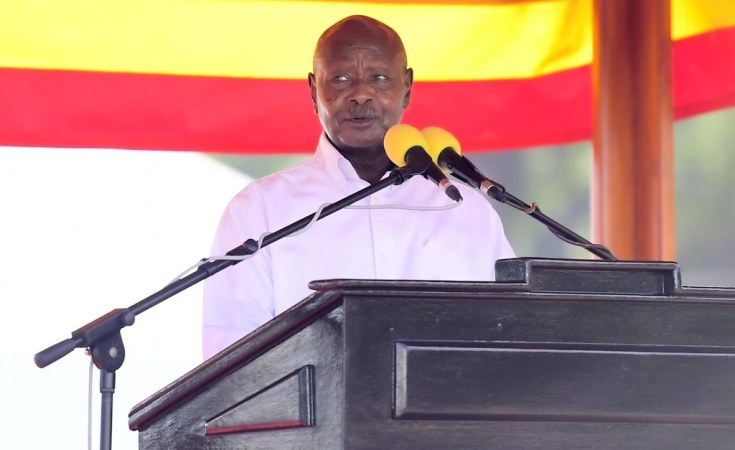The recent announcement by President Yoweri Museveni to extend the anti-corruption crackdown to district leaders has sparked widespread discussion about the critical need for such measures.
This move, aimed at combating the rampant corruption that has permeated local governments, is seen as essential for Uganda's development.
Corruption at the district level has long been identified as a significant obstacle to the country's progress.
District leaders, including Resident District Commissioners (RDCs), chief administrative officers, and district chairpersons, play crucial roles in implementing government policies and projects.
However, many of these officials have been implicated in corrupt activities that siphon off funds intended for development, thereby stalling vital projects and services.
President Museveni has repeatedly highlighted that corruption is not confined to the higher echelons of government but is prevalent at the grassroots level.
"This corruption which is happening is not happening on the moon; it's happening here. Happening in the sub-county, at the districts, and constituencies," he stated recently.
This widespread corruption at the district level directly affects the delivery of essential services such as healthcare, education, and infrastructure development.
Local government corruption has devastating effects on the implementation of government projects.
Funds allocated for building schools, health centers, and roads often disappear before they can be utilized effectively, leading to incomplete or poorly executed projects.
This inefficiency hampers the overall development of the country and leaves communities without the necessary infrastructure and services to improve their quality of life.
Extending the anti-corruption whip to district leaders is seen as a vital step toward enhancing accountability and transparency in government operations.
By holding local officials accountable for their actions, the government can ensure that public funds are used appropriately and that development projects are completed to benefit the citizens.
Buyaga West legislator Barnabas Tinkasimire has urged the president to focus on the lifestyles and assets of influential individuals within the government.
Uganda reportedly loses over ten trillion shillings annually to corrupt practices. This massive financial loss not only affects the economy but also undermines public trust in government institutions.
Citizens who see local leaders engaging in corruption become disillusioned with the political system, leading to decreased civic engagement and increased apathy.


